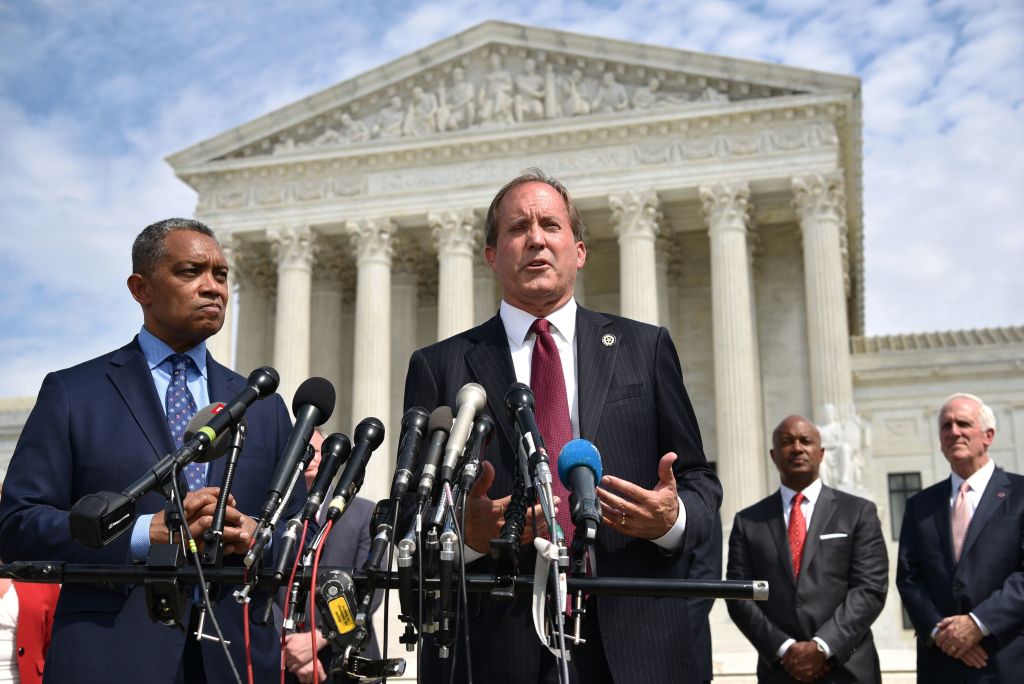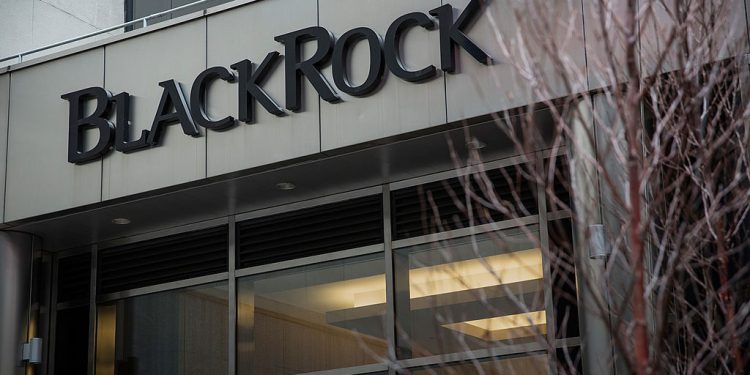The same group leading the Texas-based Stock Exchange is now facing a federal lawsuit filed by Republican attorneys general in 11 states over antitrust violations.
A coalition of 11 states, led by Texas, claims institutional investors BlackRock, Vanguard and State Street committed the antitrust violations to depress supply and increase the cost of coal.
In the Republican attorneys general joint lawsuit filed last month, the states allege that the asset managers’ efforts to promote investment strategies led to pressuring coal companies toto artificially lower coal production and raise energy costs for consumers – efforts geared towards lowering global carbon emissions.
According to a press release by Attorney General Ken Paxton’s Office, the three asset managers acquired substantial stockholdings in each of the largest publicly held coal producers in the United States, thereby gaining the power to control the coal companies’ policies.

The lawsuit goes on to to say that the groups allegedly used their combined influence over the coal market and collectively announced in 2021 their commitment to use their shares to pressure the coal companies to accommodate “green energy” goals. To achieve this, the investment companies pushed to reduce coal output by more than half by 2030.
“Texas will not tolerate the illegal weaponization of the financial industry in service of a destructive, politicized ‘environmental’ agenda. BlackRock, Vanguard, and State Street formed a cartel to rig the coal market, artificially reduce the energy supply, and raise prices,” said Attorney General Paxton in the press release. “Their conspiracy has harmed American energy production and hurt consumers. This is a stunning violation of State and federal law.”
Some politicians and business leaders have denounced ESG as a politicization of investing. They are voicing their concern over the ability to rate companies with simple ESG scores when dealing with complex social issues.
Last year, Tesla CEO Elon Musk called ESG a scam that “has been weaponized by phony social justice warriors,” for example. His criticism came shortly after Tesla got kicked out of the S&P 500 ESG index.
ESG stands for environmental, social, and governance. These three environmental criteria gauge how a company safeguards the responsibility metrics and standards. A poor ESG can impact a company’s competitive positioning.
According to money manager and finance expert Vijay Marolia, the Texas led antitrust lawsuit boils down to concerns over anti-competitive business practices.
“This seems to have started with an ESG scam, with several states alleging that BlackRock and others colluded to economically hurt coal producers and others. Although it may be hard to prove in court, it certainly sends a strong message,” said Marolia.
“I’ve also heard through the grapevine that the lawsuit is worded strategically, so I wouldn’t be surprised if there was a settlement if not a major shift in policy/regulation. “I think the regulatory tide has turned and America’s future looks brighter than ever—with Texas as one of the brightest stars in the American constellation.”
US companies continue to brace themselves for increasingly stringent carbon emissions controls as global attention remains on climate change. New regulations on reliable environmental, social, and governance (ESG) and carbon emissions reporting are likely to roll out next year.
While US companies await these regulatory changes, trends emerging from Europe suggest that new environmental regulations will be rolled out in 2025. Global regulations such as the Corporate Sustainability Regulatory Directive (CSRD) in Europe can still apply to U.S. companies, so regulated organizations must be prepared to meet new compliance guidelines.
BlackRock is one of a handful of investment companies involved in the Texas-based Stock Exchange (TXSE) scheduled to file a registration to operate as a national securities exchange in the coming months. TXSE aims to begin trading operations in 2025.






